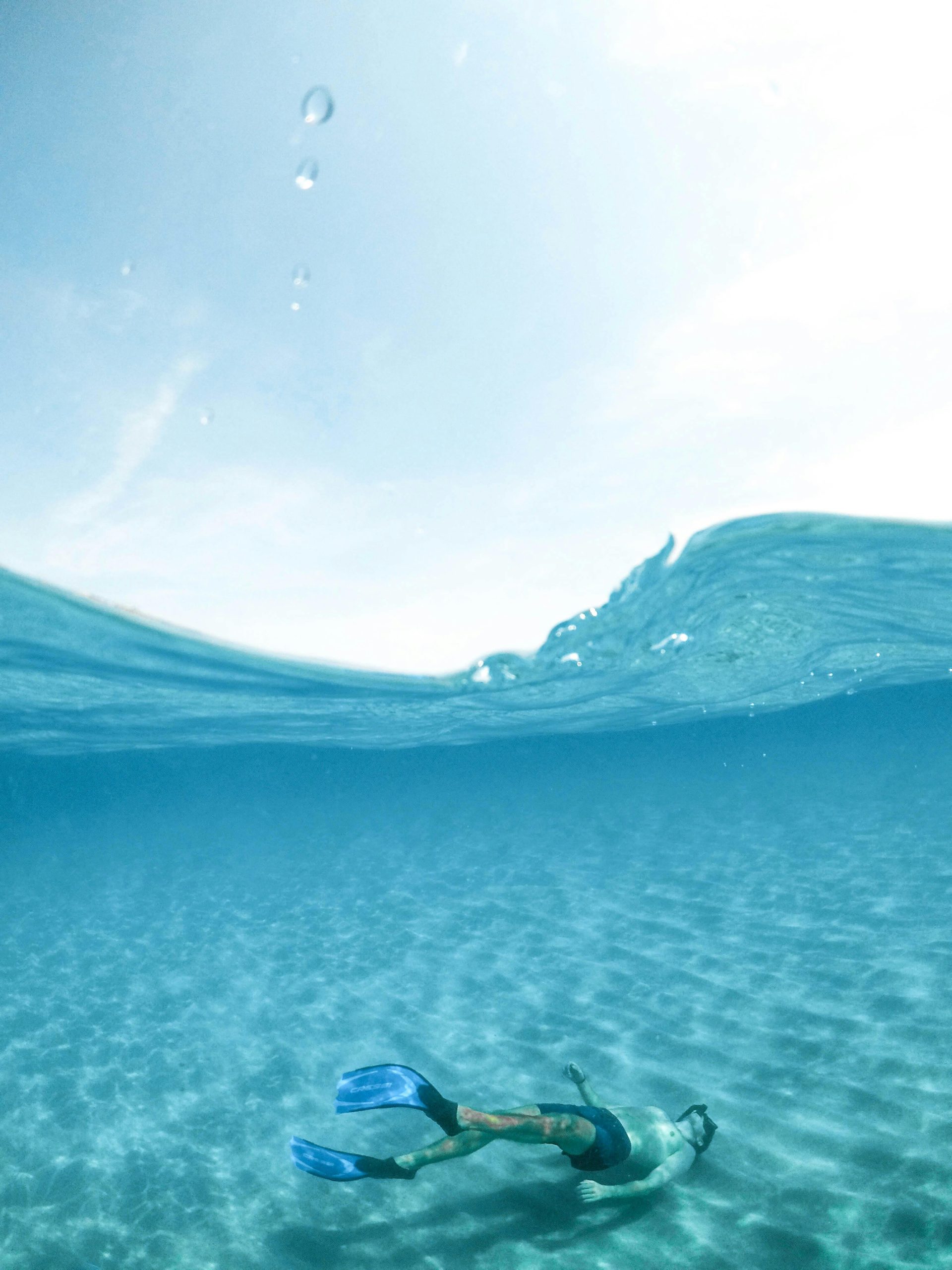Imagine descending into a vibrant underwater world, surrounded by colorful coral reefs, curious fish, and the serene silence of the ocean. Scuba diving offers an unparalleled adventure, but before you take the plunge, there’s a lot to learn. Whether you’re a complete beginner or just brushing up on the basics, this guide will walk you through everything you need to know for your first dive—from essential gear to safety tips and what to expect underwater.
Understanding the Basics of Scuba Diving
Scuba diving is more than just strapping on a tank and jumping into the water. It’s a skill that requires training, preparation, and respect for the underwater environment. Here’s what you need to know before your first dive:
How Scuba Diving Works
Scuba stands for Self-Contained Underwater Breathing Apparatus, which means divers carry their own air supply in a tank. The regulator attached to the tank reduces the high-pressure air to a breathable level, allowing you to explore underwater for extended periods.
Physical and Mental Preparation
While scuba diving is accessible to most people, you should be in decent physical health. Conditions like asthma or heart issues may require a doctor’s clearance. Mentally, staying calm and focused underwater is crucial—panic can lead to dangerous situations.
Essential Scuba Diving Gear for Beginners
Having the right gear is critical for a safe and enjoyable dive. Here’s a breakdown of the essential equipment you’ll need:
Mask, Snorkel, and Fins
These are the basics for any diver. A well-fitting mask ensures clear vision, while a snorkel helps you conserve air when swimming on the surface. Fins provide the propulsion you need to move efficiently underwater.
Buoyancy Control Device (BCD)
The BCD is a vest that helps you maintain neutral buoyancy—allowing you to float effortlessly at any depth. It also holds your tank in place and has pockets for accessories.
Regulator and Tank
The regulator delivers air from the tank to your mouth, while the tank stores compressed air or nitrox. Always check that your regulator is functioning properly before diving.
Dive Computer and Depth Gauge
A dive computer tracks your depth, dive time, and ascent rate to prevent decompression sickness. Even as a beginner, this tool is invaluable for safety.
Safety Tips for Your First Dive
Safety should always be your top priority when scuba diving. Follow these guidelines to ensure a smooth and secure experience:
Never Hold Your Breath
Unlike swimming, holding your breath while scuba diving can cause lung injuries due to pressure changes. Always breathe slowly and continuously.
Equalize Early and Often
As you descend, the pressure increases, which can cause ear pain. Pinch your nose and gently blow to equalize the pressure in your ears every few feet.
Stay Close to Your Buddy
Diving with a buddy is a fundamental safety rule. Keep an eye on each other and communicate using hand signals to stay safe underwater.
Monitor Your Air Supply
Always check your air gauge and plan to surface with a reserve (usually 500 psi or 50 bar). Running out of air underwater is extremely dangerous.
What to Expect During Your First Dive
Your first dive will be an unforgettable experience, but it’s normal to feel a mix of excitement and nervousness. Here’s what typically happens:
Pre-Dive Briefing
Before entering the water, your instructor will explain the dive plan, hand signals, and safety procedures. Pay close attention—this information is crucial.
Entering the Water
Most beginners start in shallow, calm waters. You’ll practice basic skills like clearing your mask and regulator before exploring further.
Underwater Exploration
Once comfortable, you’ll begin your dive, staying at a safe depth (usually 30-40 feet for beginners). Take your time to enjoy the marine life and practice buoyancy control.
Ascent and Debrief
A slow, controlled ascent is key to avoiding decompression sickness. After the dive, you’ll review your experience with your instructor and discuss any questions.
Conclusion
Scuba diving opens the door to an incredible underwater world, but preparation is key to a safe and enjoyable experience. By understanding the basics, investing in the right gear, and following safety protocols, you’ll be ready to take the plunge with confidence. Remember, every expert diver started as a beginner—so take your time, listen to your instructor, and most importantly, have fun exploring the ocean’s wonders!
